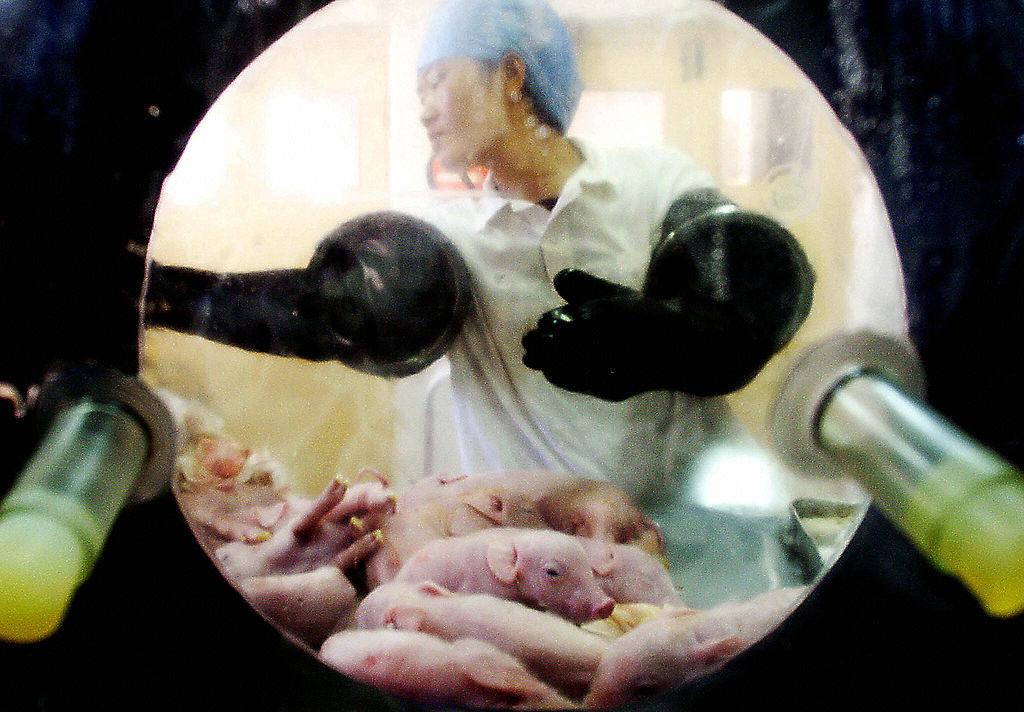While forced organ harvesting of prisoners of conscience in China has drawn worldwide condemnation, the Chinese Communist Party (CCP) has been investing heavily in controversial research on using genetically modified pigs as a source of human organ transplantation, touting it as a “world first” achievement.
According to Chinese media, in 2020, gene editing-related startups in China alone received about 2 billion yuan ($310 million) in funding.





